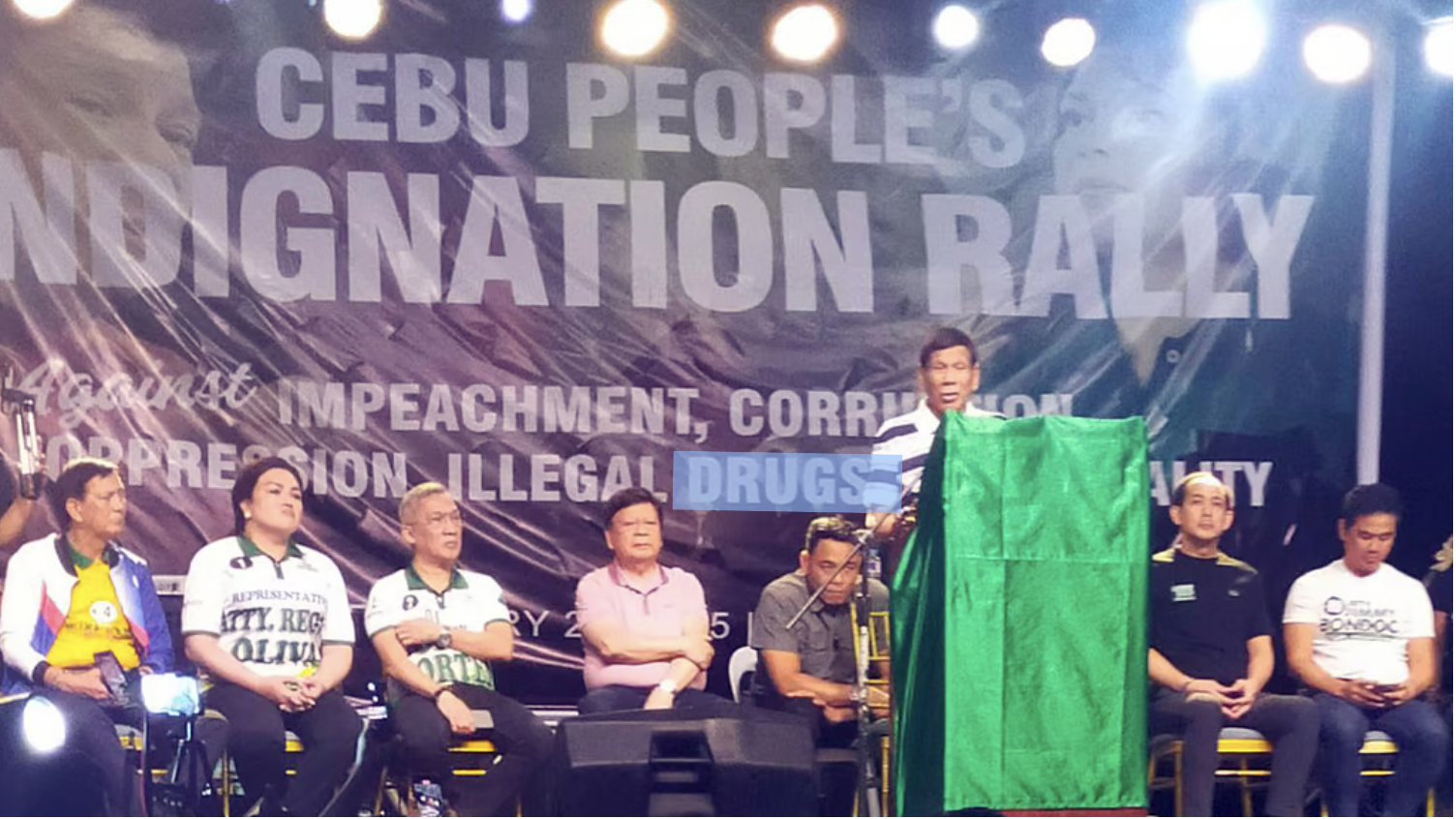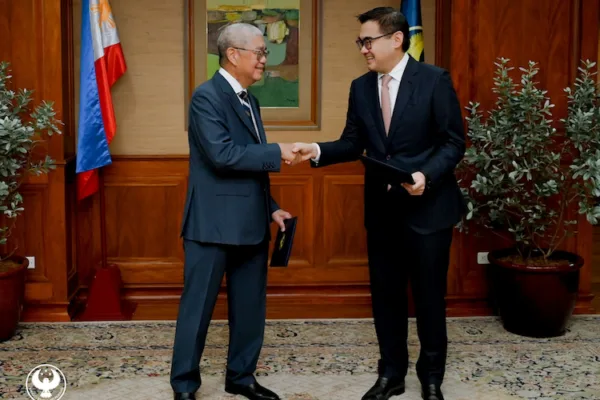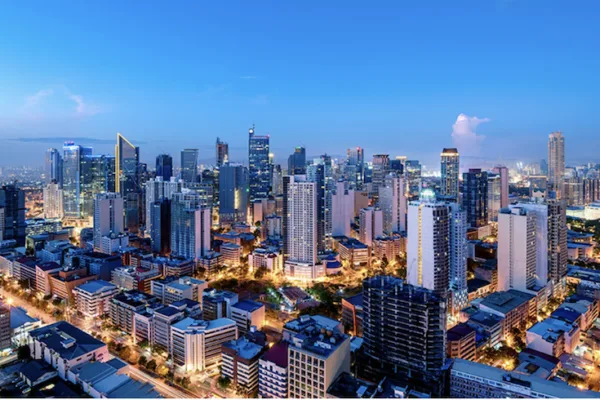A storm is brewing in Philippine politics, with accusations of gold reserve theft and manipulation swirling around President Ferdinand Marcos Jr.
Former President Rodrigo Duterte’s claims that Marcos had a hand in the Bangko Sentral ng Pilipinas (BSP) sale of gold reserves, allegedly contributing to the peso’s depreciation, have ignited a firestorm of controversy. But what’s the real story behind the Philippines’ gold reserves, and how do they connect to the political drama unfolding?
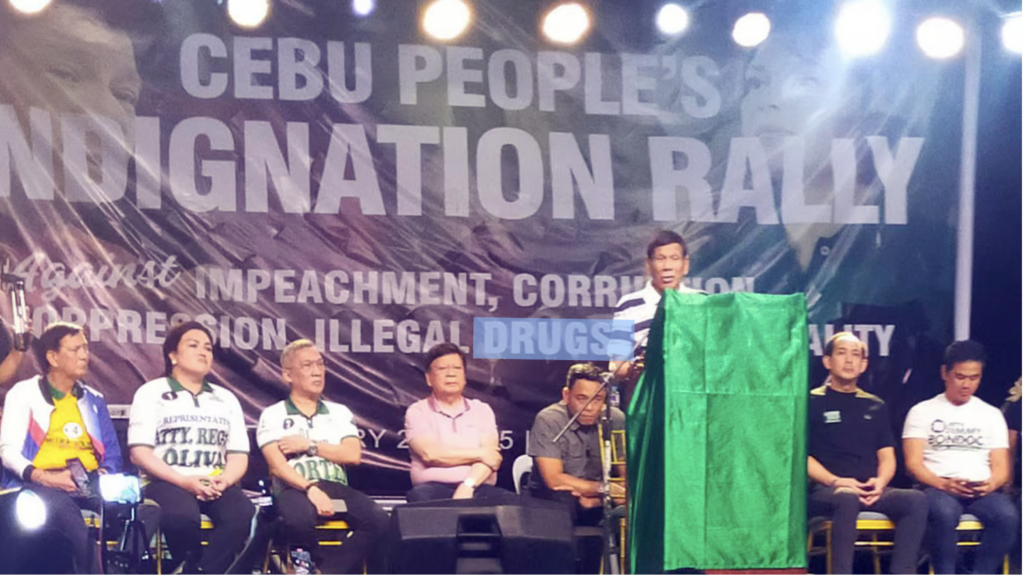
Duterte’s accusations, made during a recent rally, have been swiftly dismissed by the Presidential Communications Office (PCO) as a “campaign joke.” Undersecretary Claire Castro emphasized that selling gold reserves, which are part of the country’s Gross International Reserves (GIR), is a standard BSP practice to manage the economy.
“If the price is high, it makes sense to sell,” the undersecretary explained.
The PCO has vowed to counter such “erroneous statements” with accurate information, particularly given the potential for misinformation to spread.
The BSP itself has issued a statement, clarifying its sole responsibility for managing the GIR, which includes gold, to ensure the stability and convertibility of the peso and meet the country’s foreign exchange needs.
“The country’s gross international reserves (GIR), including gold, are held and managed solely by the BSP in order to meet any foreseeable net demands on the central bank for foreign currencies,” the BSP statement said.
Trading in gold a common practice for the BSP

Trading in gold, the central bank further explained, is a common practice among central banks worldwide, as it is used to hedge against price fluctuations in other assets and to ensure sufficient funds for government projects and obligations during crises.
Gold holdings, which currently account for about 10% of the GIR, are adjusted based on global market trends.
In the first half of 2024, the BSP sold 25.95 tons of gold, taking advantage of high global gold prices that soared above US$2,600 per ounce – more than ten times higher than prices two decades ago, according to Michael Ricafort, chief economist of Rizal Commercial Banking Corp. (RCBC).
The GIR, which reached a record high of $112 billion in September 2024, consists of more than just gold. It includes foreign investments, foreign exchange, and the country’s reserve position and special drawing rights in the International Monetary Fund.
This substantial reserve acts as a buffer, covering over eight months’ worth of imports and debt payments.
Gold sales not the sole cause of peso depreciation
At the close of 2023, the Philippines’ total outstanding external financial liabilities reached US$292.8 billion, while external financial assets totaled US$241.4 billion.
External liabilities increased due to rises in all components except financial derivatives. Foreign loans grew by 7.9% to US$72.5 billion, driven by increased borrowing. Foreign portfolio investment (FPI) rose 5.7% to US$85.8 billion due to strong investor interest in government bonds. Foreign direct investment (FDI) also increased, up 3.7% to US$122.6 billion.
The country’s external financial assets grew primarily due to an increase in reserve assets. These reserves reached US$103.8 billion by end-December 2023, up from US$98.1 billion at the end of September 2023. This growth resulted from increases in the BSP’s foreign currency-denominated assets (excluding gold), gold holdings, net government deposits with the BSP, BSP investment income, and BSP foreign exchange operations.
While Duterte’s accusations focus on gold sales as the cause of peso depreciation, economists point to other factors. Last year’s peso weakness, reaching P59 per US dollar, is more likely attributable to global economic forces, including elevated interest rates in the United States, which increased demand for the dollar, and uncertainties stemming from international conflicts and global economic policies.
As Ramon Clarete, a University of the Philippines economics professor noted, it likely reflected an outflow of portfolio investments as foreign investors reacted to global economic uncertainties. RCBC’s Ricafort added that the peso had weakened over the past three years due to investors seeking dollar-denominated assets with higher interest rates.
A public war of words with Marcos
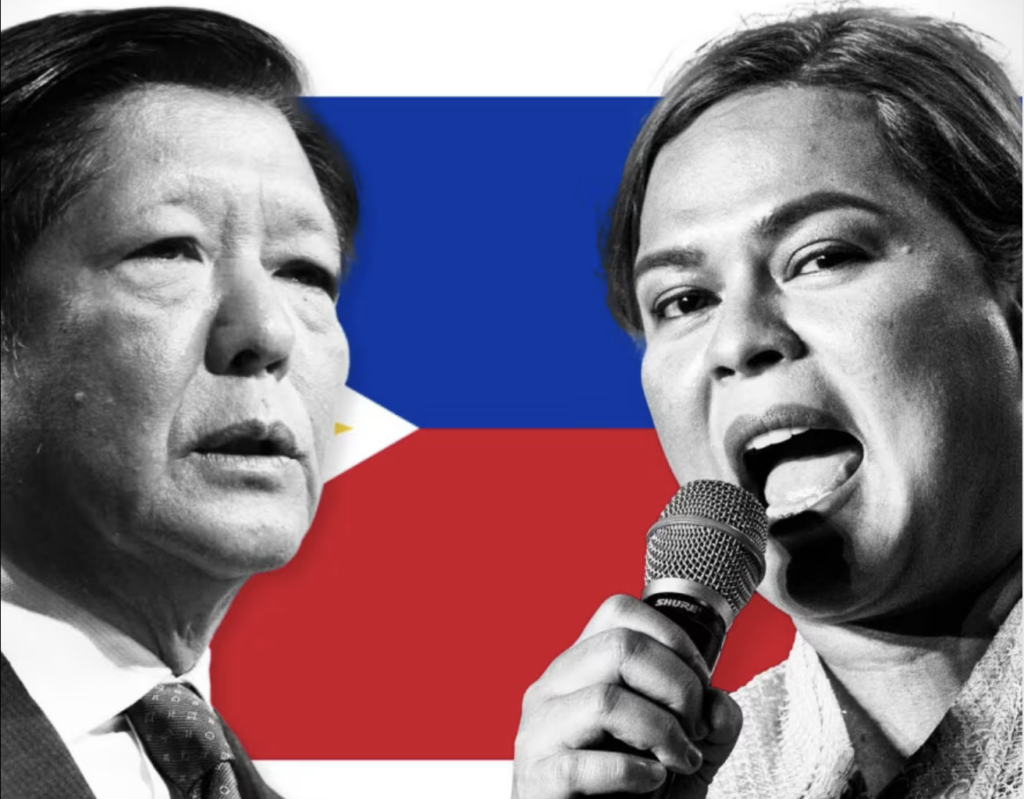
The political backdrop to these claims is complex.
Rodrigo Duterte and his daughter, Vice President Sara Duterte, have engaged in an increasingly public war of words with Marcos, marked by mutual accusations and political maneuvering.
The House of Representatives has also recently impeached the Vice President over alleged misuse of confidential funds, further escalating the tension.
The narrative surrounding the Philippines’ gold reserves has become entangled in this political feud. While the BSP emphasizes its independent management of the GIR and the routine nature of gold trading, the accusations raise questions about transparency and accountability.
The public is left to discern facts from political rhetoric, highlighting the importance of understanding the complex interplay between economic policy, global market forces, and the political landscape.
The real story behind the Philippines’ reserves is not just about gold; it’s about trust, transparency, and the delicate balance between economic management and political realities.




